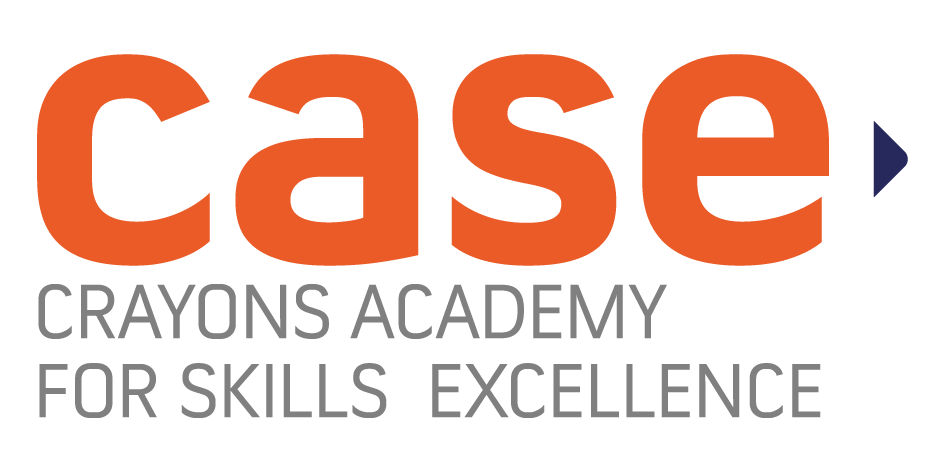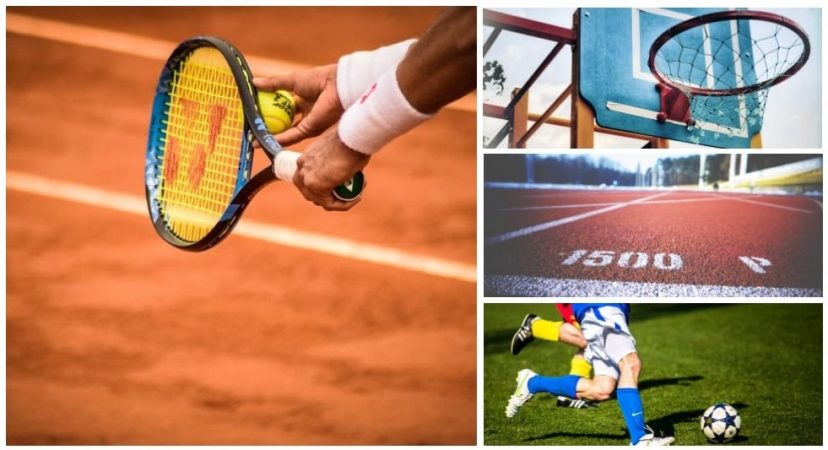Why am I such a strong advocate for college sports? Because playing college sports provides the much needed mental and physical balance students are used to after having played sports during their school years. Students can organize themselves better with time management to ensure they train, play, and study as per a schedule they have always been accustomed to. Discipline and teamwork come naturally to sportspersons and these skills are easily transferable to a college environment. Participation in college sports is a fun and enriching experience, and this can be highly rewarding by receiving lucrative scholarships. It is easier to make new friends as a student-athlete and your teammates will be a readymade family.
However, most students who dedicatedly play competitive sports through their school years do not transition towards playing college sports. While in school, soccer moms and dads painstakingly devote their time and boundless energy to ensure their child avails every opportunity with full enthusiasm. No stone is left unturned to deliver the best possible training, equipment, and apparel to these budding athletes. The children on their part are completely dedicated and passionate. I can safely bet that whenever I have asked a 12-year old about his/her dream ambition, the answer in almost every case is, “I want to be a professional sportsperson”, often citing examples of their heroes.
While many students opt for playing college sports after completing high school and continue to pursue their passion, others simply choose against playing sports competitively after graduating. For these students, there may be many reasons for not playing college sports. In India, students are not completely aware of this option or simply are not clear about the process. Others who try to get recruited do not find the college of their choice, and hence opt to focus on academics purely.
Consequently, the largest population of high school student-athletes in India consists of those who intentionally decide to “hang their boots” and focus only on academics in college. This may be a cultural paradigm specific to our country where academics are generally accorded higher priority and sports are rarely integrated within the school curriculum other than to serve as a break from academic monotony.
A vast majority of students in India dedicate eight to ten years of their young life to a sport, only to drop competitive participation after in last two years of high school and solely focus on academics thereafter. Ironically, many students who would have played at state or national level in their sub-junior years, post-class 10th abruptly stop training and competing with the same fervor. This baffles me to no end because if you have dedicated such a large part of your growing years to a sport, why not continue to pursue this in college? Use the sport to gain admission in college and continue to compete at an intercollegiate level.
Students whose personalities are otherwise defined by their sports will always have a relatively difficult transition into a purely academic college life. Athletic students are better at balancing a schedule which includes both sports and academics because playing sports offers them a much-needed balance and break from academic monotony. These students may otherwise set themselves up for demotivation or stress in their first year of college and make them susceptible to “burn out” due to academics a lot faster than others.
Students who have played sports throughout school should continue playing sports while in college. Notably, companies hire the best candidates suitable for a job to ensure their success and student-athletes can be preferred candidates because they have demonstrated discipline, teamwork, dedication and hard work throughout their life. College athletics is like a full-time job because of its time management requirement and companies look at this as a very positive trait when it comes to hiring student-athletes. Athletes are goal-oriented, self-confident and more likely to be leaders. It conclusively leads to an enhanced holistic experience of college life which sets them up for success afterward.




